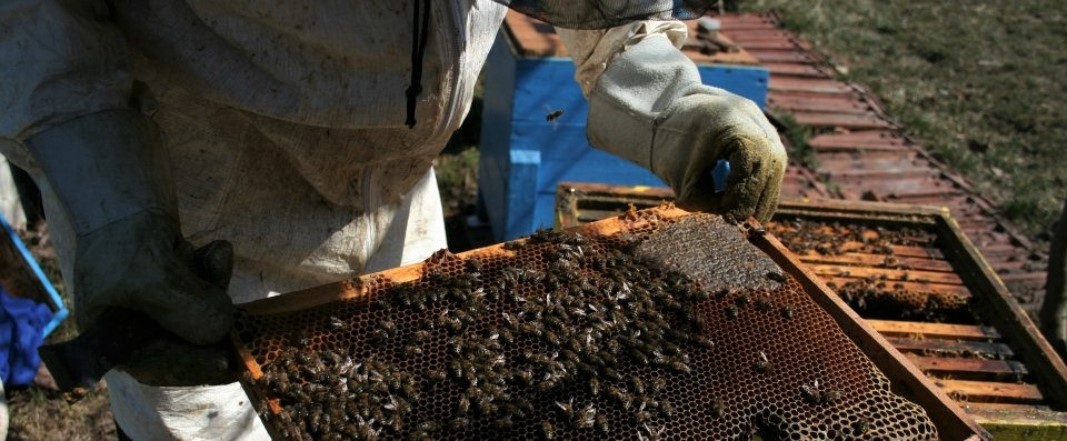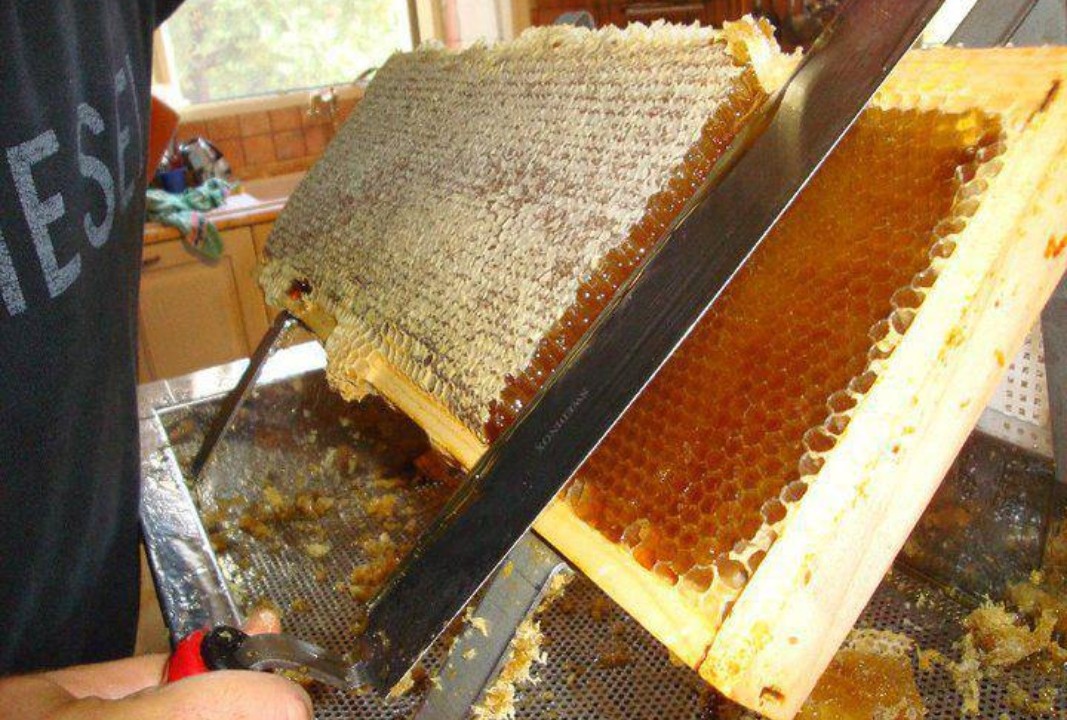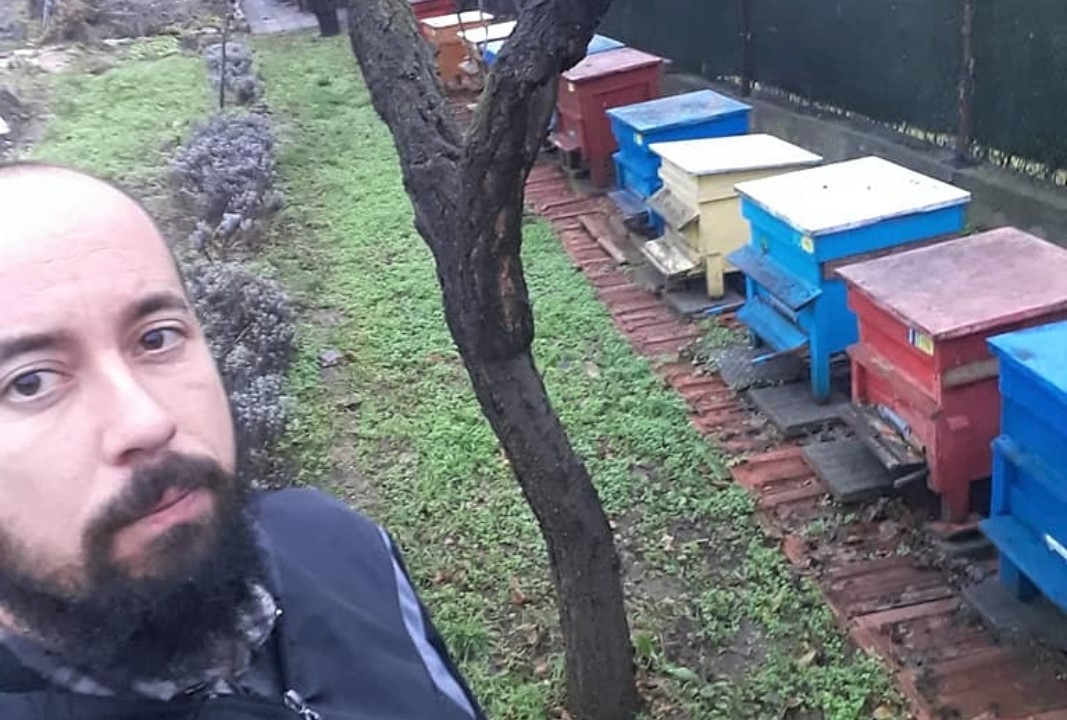The number of Bulgarians who devote themselves to beekeeping has decreased recently, because apiculture in this country is in a deep crisis. On February 10, when we honor the memory of Great Martyr Charalambos the Wonder Worker who is regarded the patron saint of bees and apiarists, we are trying to get to the root of the problem. On one hand, the uncontrolled use of pesticides leads to depletion of the honeybee population. On the other hand, the people employed in this sector need serious financial assistance and a state policy that treats beekeeping as a priority.
Last year, beekeepers in Bulgaria once again faced these problems, which continue to deepen:

“2020 was a very bad year for apiculture, which was due to at least two reasons- notes beekeeper Yavor Kirilov who inherited this business from his grandfather. - On one hand, this was due to the meteorological conditions. The spring was quite dry and the summer was cooler than normal. These two factors affected honey harvesting a lot. Secondly, the price of Bulgarian honey dwindled due to the import of duty-free honey from China and Ukraine. Moreover, this product sell on the local market as Bulgarian honey, which is ridiculous. Thirdly, the wholesale price of honey ranges from EUR 1.75 to EUR 2 per kilogram and the retail price of the product in Bulgaria fluctuates between EUR 4 and 7.50 per kilo.”

In Yavor’s view, the imports of honey from non-EU countries such as Ukraine and China can be restricted and these products should not benefit from the preferences of the EU market.
There is certain exception for Ukraine, because the European Union pursues a policy of supporting the Ukrainian economy. Beekeepers in Bulgaria are facing another significant problem related to the forthcoming amendments to the ordinance concerning the direct supply of small quantities of raw materials or food of animal origin.

“According to the amendments, beekeepers will able to sell their honey only in the area in which their apiary is registered. In other words, if you want to buy some Strandzha manna honey, you will no longer be able to get a delivery and have to travel all the way to this Bulgarian region to buy it. According to the same ordinance, each apiarist is allowed to sell up to 2 tons of honey per year only.”
The-high quality Bulgarian honey sells extremely well on the European market. Its unique taste and quality is due to the wide variety of herbs that grow in Bulgaria. Beekeeping has existed in Bulgaria for centuries. However, the attempts to change the existing conditions for production and marketing of honey and apiculture products have impeded the development of this subsector. That is why beekeeping is rather becoming a hobby, which allows apiarists to earn some extra money.

English version: Kostadin Atanasov
Photos: Facebook / Yavor KirilovFish has become the most purchased item by Bulgarian tourists, who flock to Edirne’s markets for the affordable deals. Bonitos weighing between 300-400 grams are sold for 125 Turkish lira, which, according to the exchange rate, is roughly BGN 6 (EUR..
There is no inhabitant of the village of Velichka (north-eastern Bulgaria) who does not know about the two centuries-old oaks that have become part of the natural heritage of their settlement. The trees belong to the species Quercus spp. In 1990 they were..
A unique specimen - an albino wild boar - was shot near the village of Lyubcha in the Rhodope municipality of Dospat. The remarkable catch was made on the very first day of the new hunting season, the local hunting club reported. It is a three-year-old..
The Slavey Zlatev Astronomical Observatory with Planetarium in Kardzhali is offering free admission on the occasion of the town's holiday-October 21. If..
In the village of Pchelarovo, nestled among the slopes of the Eastern Rhodopes, there is a legend that ancient oak forests and walnut trees once thrived..
Boza Day is being marked today in Radomir , a town not far from the capital. The thick, sweet fermented drink is first celebrated with a procession..

+359 2 9336 661
